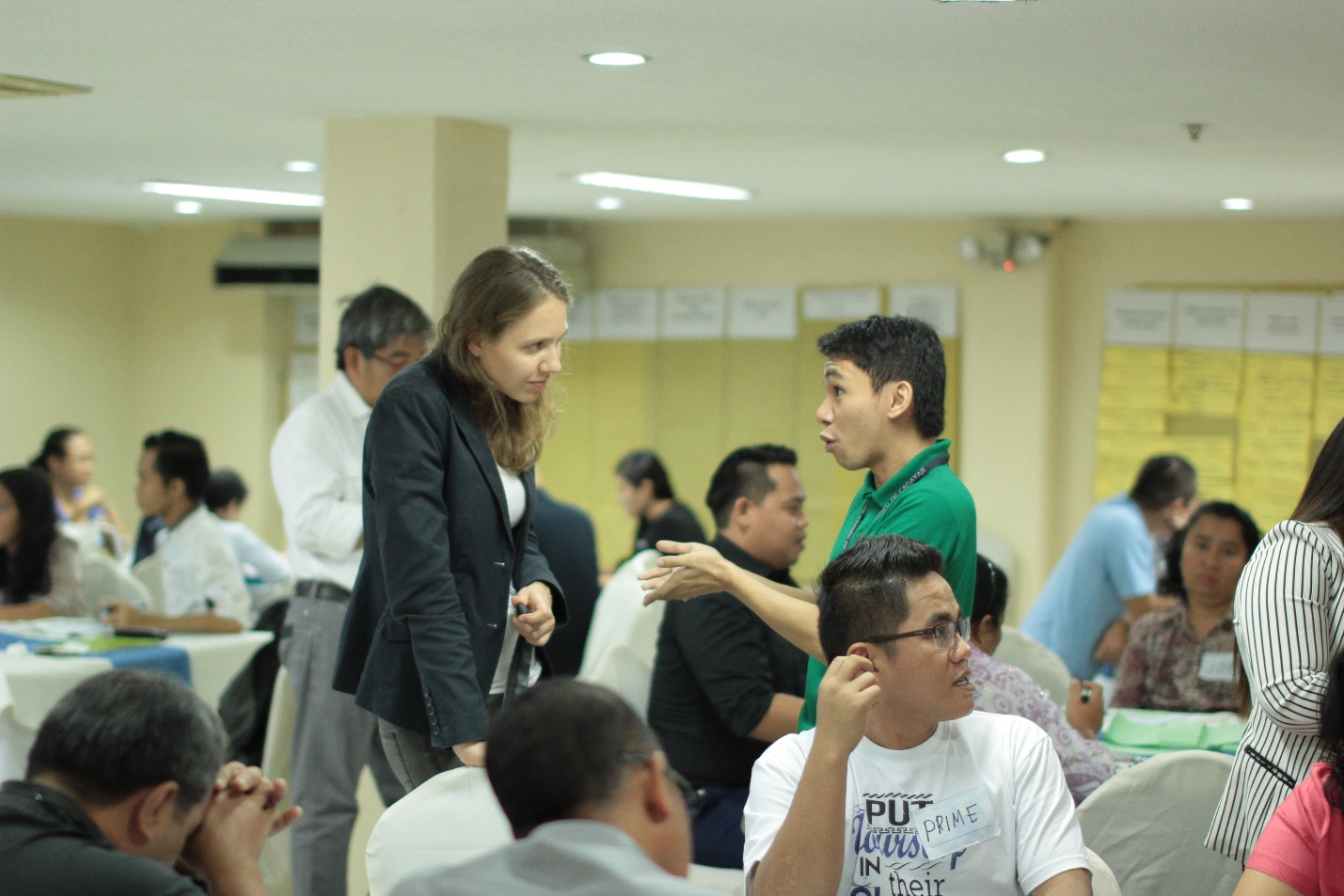By Jhon Louie B Sabal
Three departments under the Social Sciences cluster of the College of Arts and Sciences of Xavier University have collaborated with the Institute for Climate and Sustainable Cities (ICSC) and its international partner German Watch for the Climate Compatible Development Program.
ICSC and German Watch aim to promote climate change mitigation and adaptation to emerging cities, such as Cagayan de Oro, to reduce climate change impact. The two organizations are employing a bottom-up approach in addressing this concern at its source through conducting multisectoral consultations and dialogues in assessing existing and planned initiatives on this global concern.
This year-long program aims to study and understand possible international financing needs and concerns here in the city to avoid any overlap or replication of initiatives.
In CDO, the second most competitive city in the country, ICSC has chosen XU’s Social Sciences cluster as its official partner.
In its first stakeholders’ workshop, “On Challenges and Opportunities,” held at VIP Hotel on September 24, Lisa Junghans, policy officer on climate impacts and adaptation of the German Watch said that their organization has already started to work on urbanization and climate change which are two major trends that are likely to shape how the world would start to look like years from now.

Lisa Junghans, German Watch's policy officer on climate impacts and adaptation, engages with one of the participants in a conversation during the first workshop for the climate compatible development program in CDO. Photo by Jigo Racaza
"The project objective is to help cities to actually make sure that the right action can take off from the ground," Junghans said. "We need to finance for those cities, because adaptation and mitigation measures can’t be acquired from the sky; they need to be financed properly."
The said workshop drew together community developers from the NGOs, businessmen and academicians from different educational institutions in CDO.
The second leg of the consultation will transpire this October to validate the results collected during the first stakeholders’ workshop, and to resonate these findings to the members of coastal communities, lowland and hinterland barangays.
The third one is slated in January 2016, which will gather national agencies that are directly involved in climate change adaptation and mitigation.
The program will culminate by presenting the results to the candidates of the 2016 national and local elections so they may incorporate these emerging concerns to their priority plans and platforms.
The departments of Economics, International Studies/History/Political Sciences and Sociology & Anthropology united for this collaboration in line with XU’s mission of going beyond the borders and bringing the science behind climate change to the communities.